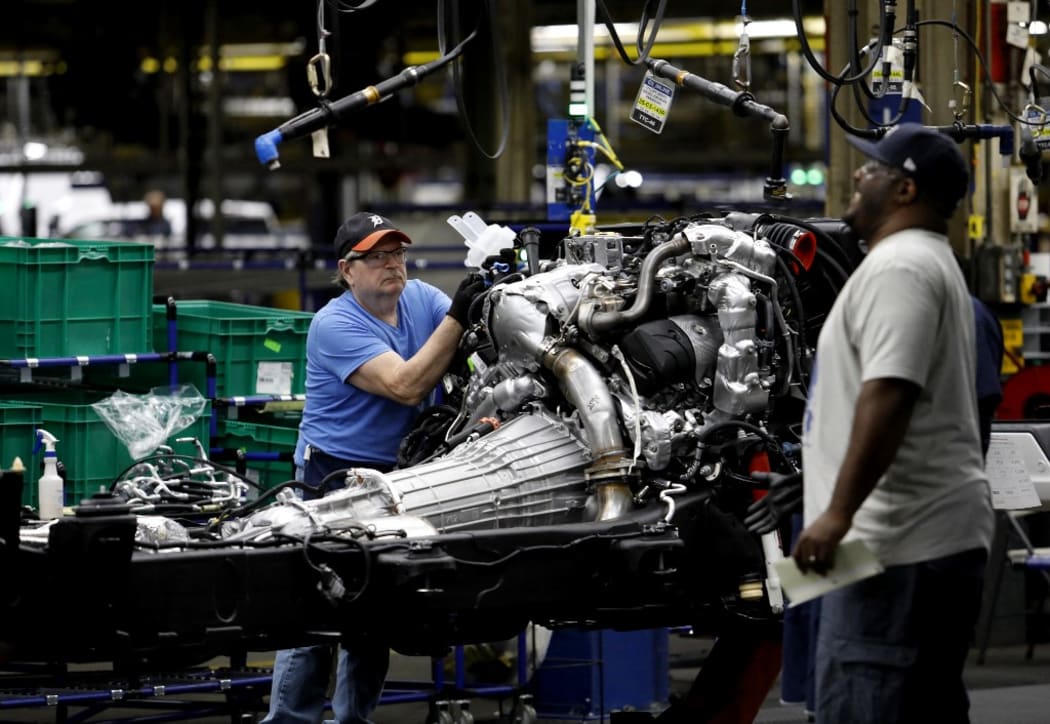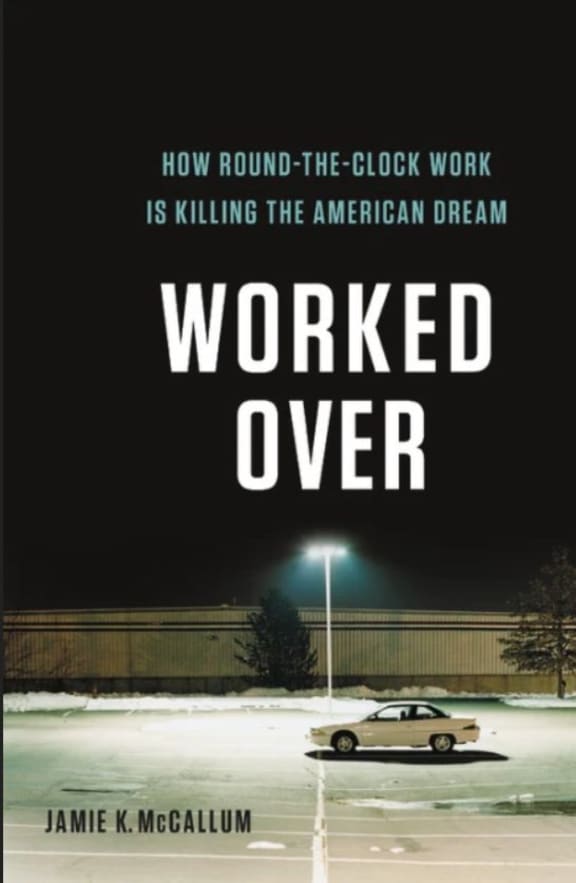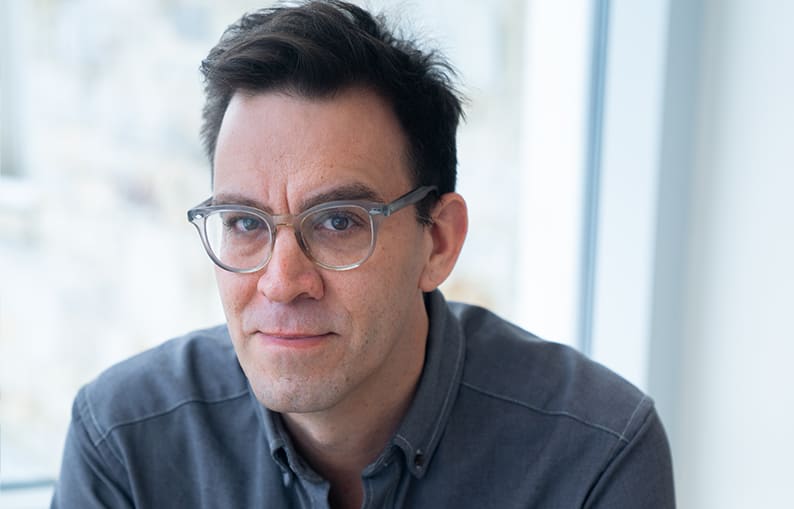We're all out of kilter with work, Middlebury College professor of sociology Jamie McCallum says.
After arriving in Vermont to work for the college, he says he was surprised by the amount of driven young people who had a 'work hard, play hard' ethic that was central to their identity.
So in his desire to learn more about this, he did an investigation into the history of labour, which he covers in his latest book, Worked Over: How Round-the-Clock Work Is Killing the American Dream.

Photo: AFP / FILE
Prof McCallum tells Sunday Morning that for almost 150 years, the hours of labour declined in America, going gradually from 14 to eight hours per day and almost got to six hours.
"Then in the '70s in America we begin to reverse course and slowly but surely our hours crept up.
"From 1975 'til around now, employees work about five weeks per year more than the mid-70s and that change happened very slowly."
The change in labour time has been driven by low-income workers unable to afford to work less, he says.
"They increased their hours by something like 24 percent over that time, which is very significant. Whereas a lot of places in Europe for example, they went the opposite direction.
"The data shows that people began working more at the exact same time they began earning less, and it's not a surprise.
"So the rich pulled away from everybody else by earning higher wages. Average workers kept their standard of living as it was by working longer hours."
Another factor was that Americans for the past 50 years have been living in the shadow of the decline in working class power, he says.
"The main historical reasons why Americans won shorter hours to begin with is the trade union movement and when that came under attack and lost power and began being eroded in the '70s, hours went with it."
It was widely believed that as more technology developed and the economy grew that people would work less, but that's not been the case.

Photo: Basic Books
Prof McCallum says that's because the gains from automation have not been realised in the places that need them the most.
"The jobs that involve complex computational stuff that are often performed by white collar workers are much easier to automate than the jobs that are performed by low income service workers.
"After decades and decades of trying, we still don't have a robot that can change a diaper or clean a room. It's those kinds of jobs that are driving the American economy towards more hours and low wages."
While the pandemic has added flexibility for white collar workers, it's been the opposite at the other end of labour market, he says.
"The flexibility has all accrued to management's power.
"I think the pandemic has exacerbated that inequality because as we saw when it was 'time to go back to work', a lot of people didn't go back to work, a lot of people were still working from home and they've enjoyed some degree of flexibility from that, whereas most working class folk are slowly getting back to in-person jobs."
The pandemic also highlighted how those with meaningful jobs, which our health and wellbeing rely on, are paid abysmal wages while those with socially destructive jobs were still financially better off, he says.
As labour hours have gone up, we've become more immersed and controlled by the work world, he says.
"There's research that shows that these trends are associated with certain kinds of poor health outcomes, there's research that shows that decisions about when to have children and how many to have are increasingly made with regard to the working life."

Middlebury College professor of sociology Jamie McCallum. Photo: Supplied/Jamie McCallum
The capitalist systems put a strain on workers and does everyone a disservice, even eventually those at the top, he says.
"There's been a marked shift in public opinion towards workers and working-class politics and away from big business, it's the largest gap in that measurement in recorded history.
"I think there's been a shift in the direction of some understanding that what's good for workers is good for the economy as a whole, their working conditions are our living conditions.
"The basic message of the left, of progressive and socialist left, is different and that's we're all better off when we're all better off, and never in my lifetime has that been more clear than in the last couple of years."

